 As a Peace Corps volunteer, a difficult adjustment to African village life was the lack of electricity, and I missed lights the most. Being on the Equator, the "day" was only twelve hours long throughout the year, with sunrise at 6:00 am and sunset at 6:00 pm.
As a Peace Corps volunteer, a difficult adjustment to African village life was the lack of electricity, and I missed lights the most. Being on the Equator, the "day" was only twelve hours long throughout the year, with sunrise at 6:00 am and sunset at 6:00 pm.It was a challenge to stay awake after dinner and prepare my lesson plans for the next day's classes by candlelight, which gave real meaning to the expression, "going to bed with the chickens." Everyone in the village was paralyzed at night by the darkness. What we would have given for a solar powered light....
Today this is possible with the SunNight Solar flashlight. SunNight is working with social and environmental organizations, including the Houston Zoo, to send solar flashlights to developing countries. Their website is http://www.sunnightsolar.com/
Two billion people, or one third of the world's population face darkness every night. Often, people use dangerous kerosene lanterns. Alternatively, they might use candles or battery flashlights, both of which are expensive and harmful to the environment. Every night, two billion people make choices that have a negative impact on their health, income, education and security.
SunNight Solar’s BOGO Light transforms the night by offering people in need a new choice. Generating clean LED light from rechargeable solar-powered batteries, SunNight Solar’s BOGO Light can go where other fuel-dependant lights can’t: to a poor person in a small village located far from the electricity grid.
The Houston Zoo collaborates with the SunNight company by offering them for sale in their gift shop and on their website. For every flashlight sold for $25, the zoo sends one to conservation projects in developing countries for distribution to deserving families.


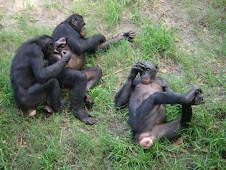
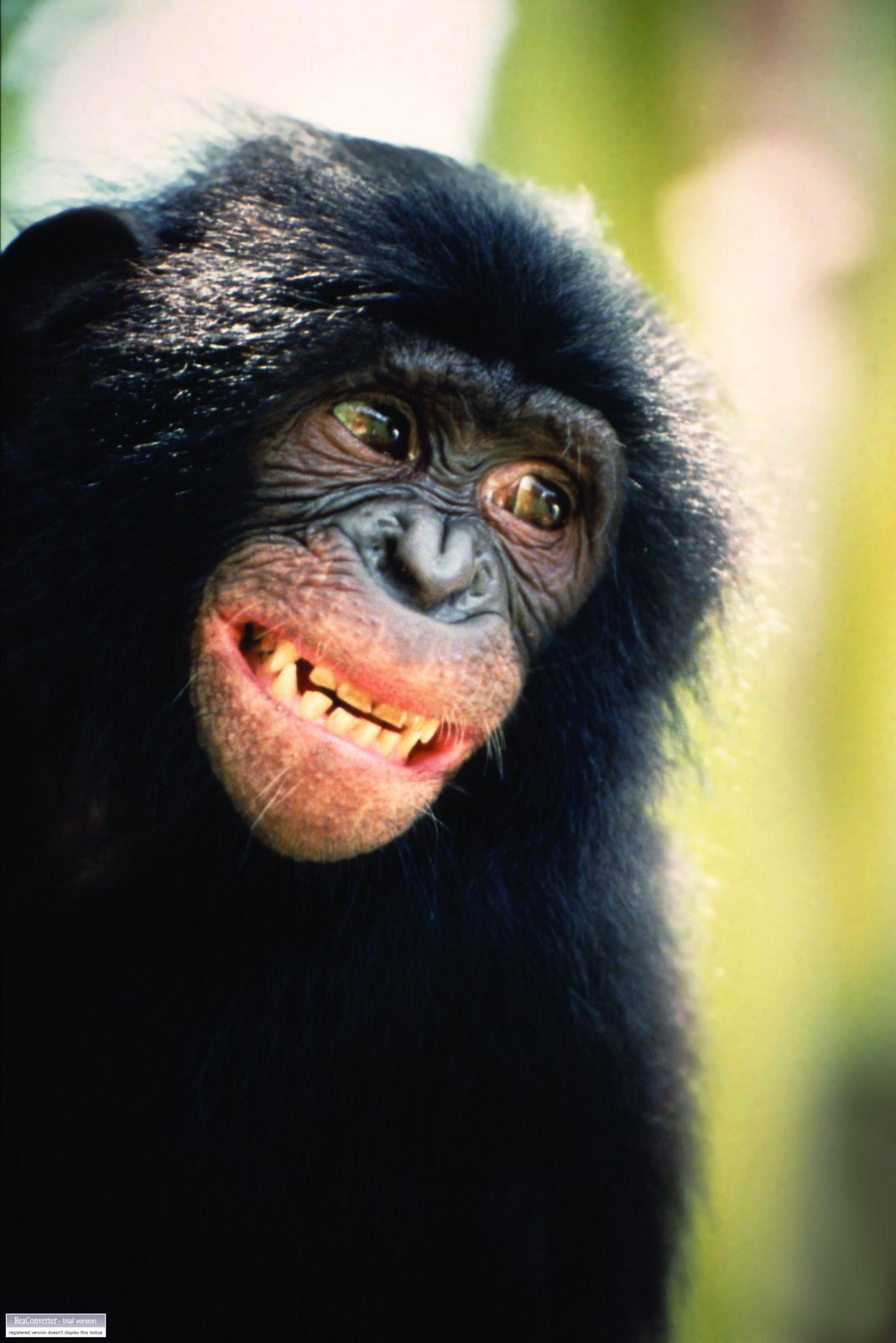
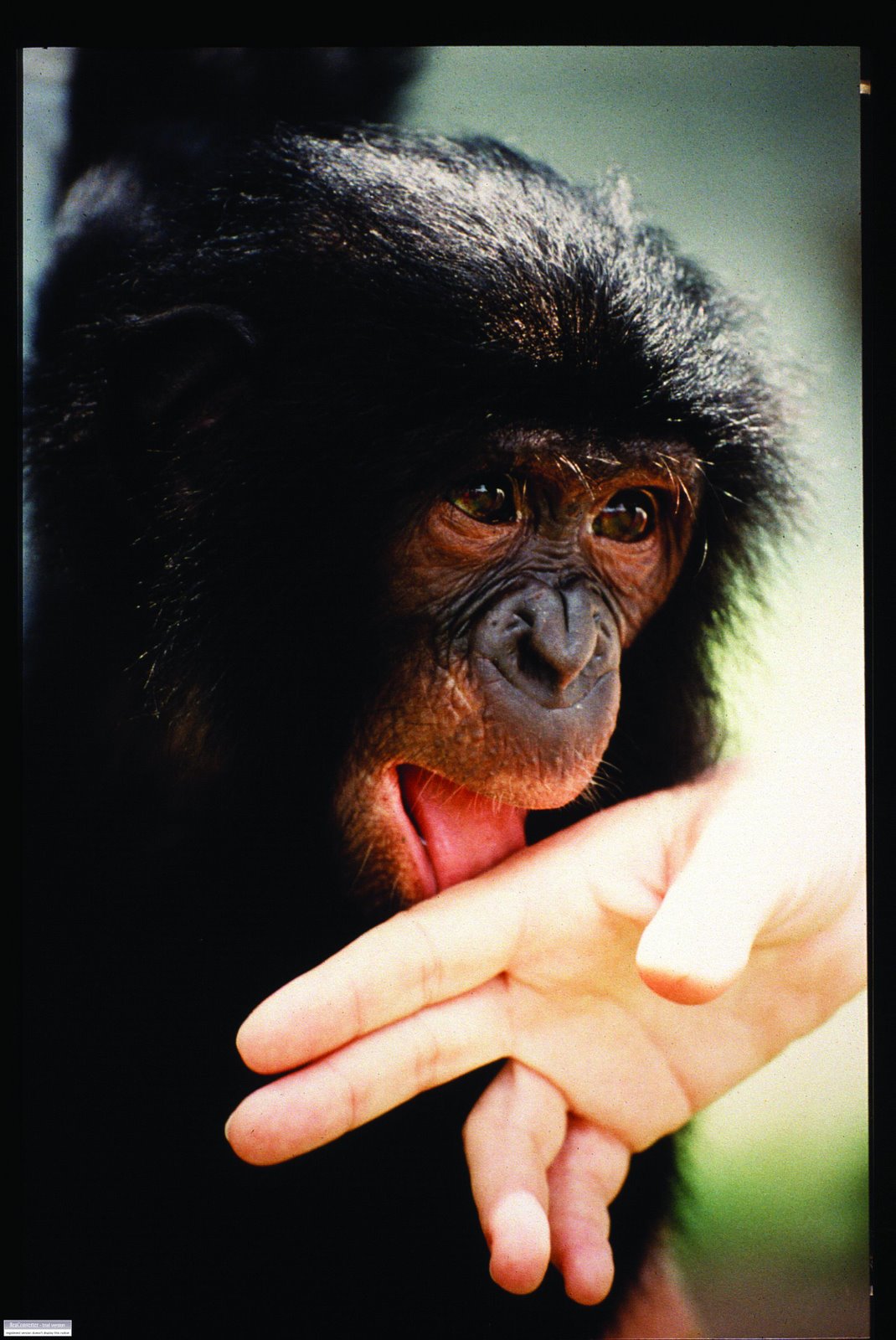
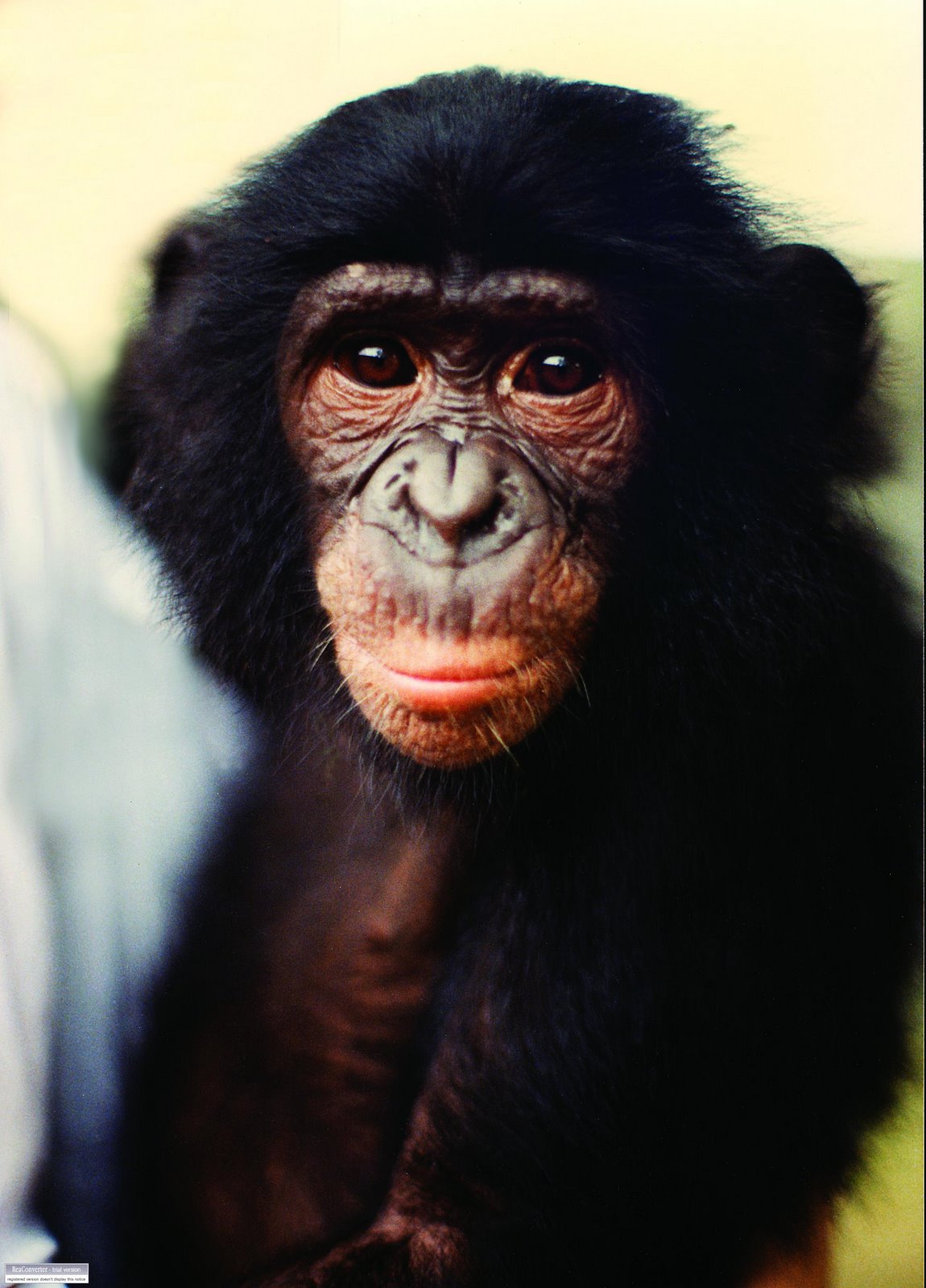




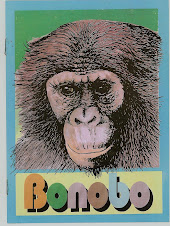

No comments:
Post a Comment